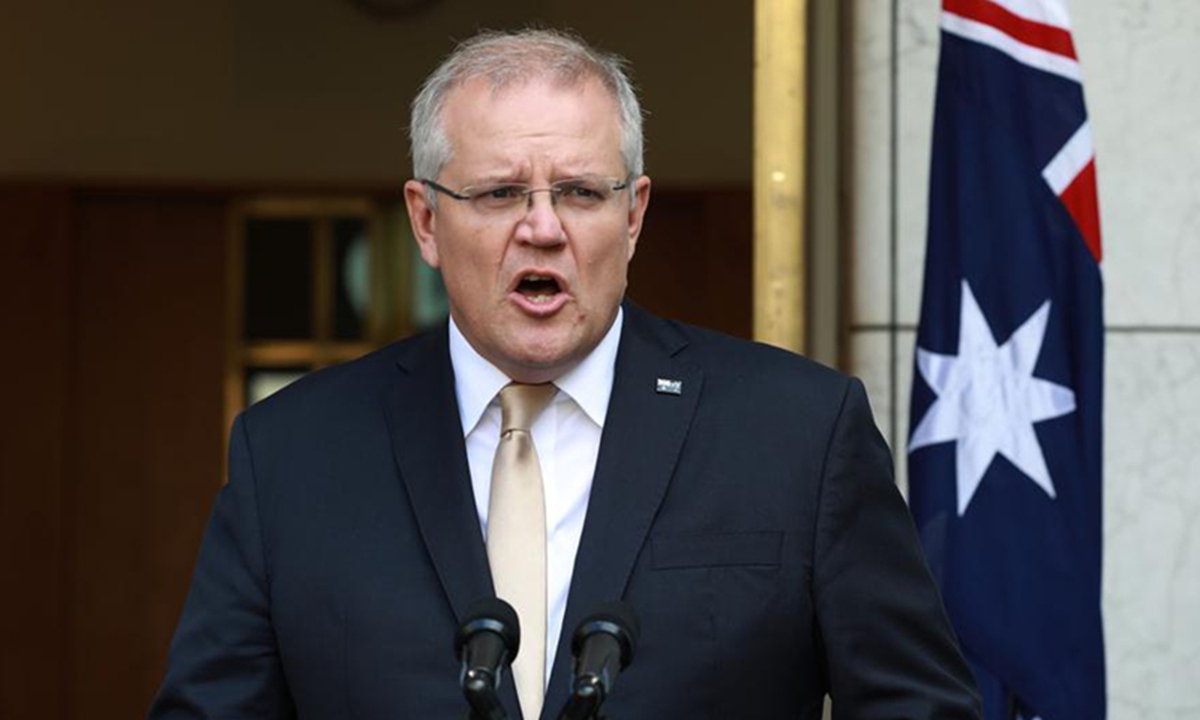
The best option for USA and the rest of the world is to accept that it is no longer the #1 world power. There is no way to stop China’s rise, unless USA goes to war with China in which case everybody loses.
Well, this is very clear.
But, as always, none of this is reported in the West. So most Americans, Brits and Europeans are unaware of the announcements that China has made regarding their plans and the actions that they are involved in.
Here’s a summary of the plan.
Related:
It won’t be. It will simply lose its #1 position in the world. USA will remain a superpower for many decades to come.
China will overtake USA for the #1 spot, probably within the next decade or two. The reasons for this are many:
- China is an unstoppable economic juggernaut. It is already the world’s largest economy by GDP PPP, and it is expected to surpass USA in terms of nominal GDP by the end of this decade.
- USA faces numerous and daunting domestic problems such as deep and chronic political division, crushing national debt, crumbling infrastructure, unaffordable health care, unaffordable housing, mass incarceration, rampant gun violence, systemic racism, extreme economic inequality, etc.
- USA is failing in foreign policy. Just look at the recent Afghanistan fiasco. Look at Iraq and Syria.
- China doesn’t waste money on the military; it uses its money for economic development. USA spends nearly a trillion dollars on the military, more than the next 11 countries combined!
- China doesn’t waste energy fighting wars; it hasn’t fought a single war since 1979! USA has fought wars in Afghanistan, Bosnia, El Salvador, Grenada, Iran, Iraq, Kuwait, Lebanon, Libya, Nicaragua, Pakistan, Panama, Somalia, Sudan, Syria, Yemen, etc.
- Countries are starting to move away from the US Dollar, turning to the Euro, Bitcoin, and even the Yuan.
- China’s Belt and Road Initiative is gaining massive influence around the globe. In Latin America and Africa and Middle East and Central Asia and SE Asia.
- China engages ASEAN countries in trade through RCEP, the world’s largest free trade bloc.
- China is pursuing diplomacy throughout the Middle East rather than bombing the shit out of the region. Recently, it signed a 25-year cooperation deal with Iran. And China is negotiating with the Taliban for the future of Afghanistan instead of invading and occupying the country for 20 years.
- China has 4X the US population: 1.4 billion people. They are moving towards full development.
USA’s heydays are over.

















